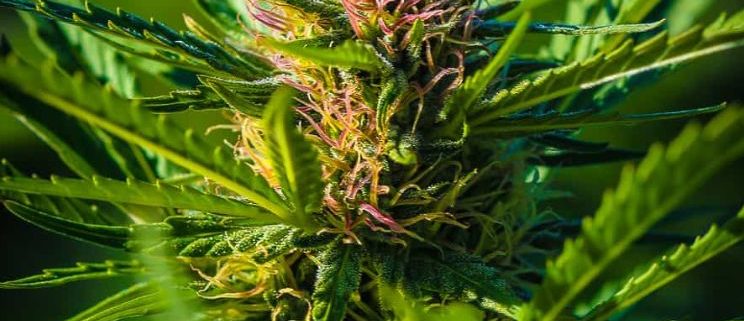The Latest on Federal Marijuana Legalization
The Latest on Federal Marijuana Legalization in the United States
The debate over federal marijuana legalization has been ongoing for decades, with opinions divided on whether or not cannabis should be legalized at the federal level. However, recent developments suggest that federal marijuana legalization may be closer than ever before. In this article, we’ll take a closer look at the latest on federal marijuana legalization and what it could mean for the cannabis industry and consumers.
Background on Federal Marijuana Legalization
Currently, marijuana is classified as a Schedule I drug under the federal Controlled Substances Act, which means it is considered to have no accepted medical use and a high potential for abuse. However, over the years, several states have passed laws legalizing marijuana for medical or recreational use, leading to a patchwork of laws across the country.
In 2018, the Farm Bill legalized hemp, which is a strain of the cannabis plant that contains less than 0.3% THC, the psychoactive compound in marijuana that produces a “high.” This led to the creation of a booming hemp industry and an increase in CBD products derived from hemp.
Latest Developments on Federal Marijuana Legalization
One of the most significant developments in federal marijuana legalization is the recent passage of the Marijuana Opportunity Reinvestment and Expungement (MORE) Act by the U.S. House of Representatives. The MORE Act would remove marijuana from the list of controlled substances and eliminate criminal penalties for individuals who manufacture, distribute, or possess marijuana. It would also allow individuals with prior marijuana convictions to petition for expungement of their records.
While the MORE Act has yet to be passed by the Senate, there is growing support for federal marijuana legalization. President Joe Biden has expressed support for decriminalizing marijuana and expunging prior convictions, although he has not explicitly supported full legalization. Additionally, Vice President Kamala Harris, a former prosecutor, has sponsored the MORE Act in the Senate and has been a vocal advocate for marijuana reform.
Impact of Federal Marijuana Legalization
If federal marijuana legalization were to occur, it would have significant implications for the cannabis industry and consumers. For one, it would allow cannabis companies to operate without fear of federal prosecution, which could lead to increased investment and growth in the industry. It could also lead to increased research into the medical benefits of cannabis and the development of new cannabis-based medicines.
On the consumer side, federal marijuana legalization would mean that individuals could purchase and use marijuana legally across the country, rather than only in states where it is currently legal. This could lead to a decrease in marijuana-related arrests and a shift in public perception of cannabis.
Federal marijuana legalization has been a topic of debate for years, but recent developments suggest that it may be closer than ever before. The passage of the MORE Act by the U.S. House of Representatives and growing support for marijuana reform indicate that federal legalization may be on the horizon. If it were to occur, it would have significant implications for the cannabis industry and consumers, leading to increased investment, research, and availability of cannabis products.

